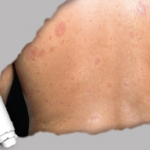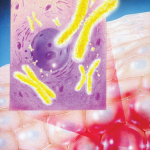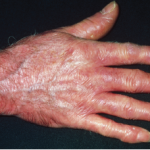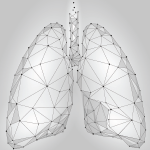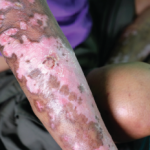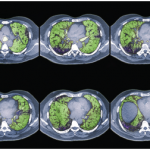What happens when systemic sclerosis (SSc) overlaps with other systemic autoimmune rheumatic diseases? Patients with either diffuse cutaneous or limited cutaneous SSc sometimes develop systemic lupus erythematosus (SLE) as well. A new, large cohort study published in the Journal of Rheumatology reveals details on the epidemiology, clinical signs and survival data of SSc-SLE overlap syndrome.1…
